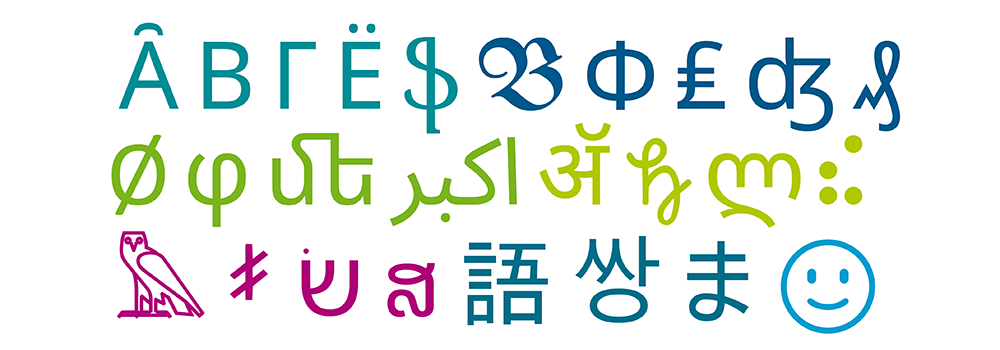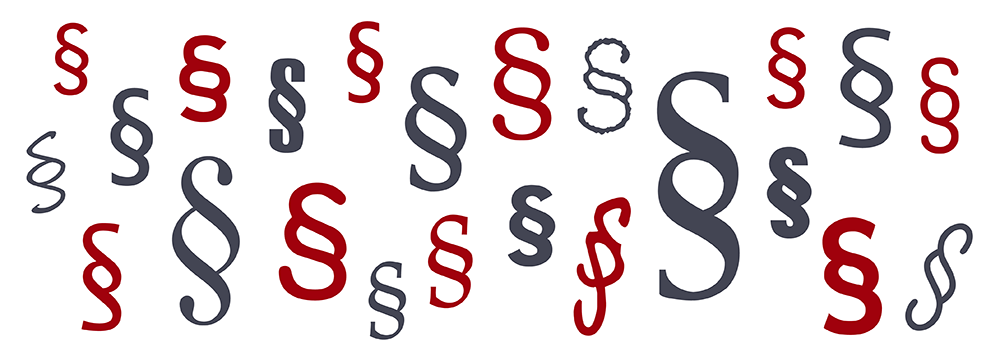In der letzten Zeit sind u.a. diese frei verfügbaren Titel erschienen:
Digital Culture and the Hermeneutic Tradition: Suspicion, Trust, and Dialogue

Inge van de Ven & Lucie Chateau
https://doi.org/10.4324/9781003372790
In our information age, deciding what sources and voices to trust is a pressing matter. There seems to be a surplus of both trust and distrust in and on platforms, both of which often amount to having your mindset remain the same. Can we move beyond this dichotomy toward new forms of intersubjective dialogue?
This book revaluates the hermeneutic tradition for the digital context. Today, hermeneutics has migrated from a range of academic approaches into a plethora of practices in digital culture at large. We propose a ‘scaled reading’ of such practices: a reconfiguration of the hermeneutic circle, using different tools and techniques of reading. We demonstrate our digital-hermeneutic approach through case studies including toxic depression memes, the Johnny Depp/Amber Heard trial, and r/changemyview. We cover three dimensions of hermeneutic practice: suspicion, trust, and dialogue.
This book is essential reading for (under)graduate students in digital humanities and literary studies.

Digital Humanities and Digital Skills in the Future of Work
Krzysztof Wasilewski (Hrsg.)
https://doi.org/10.3726/b22730
The volume covers the field of digital humanities regarding the future of work. What digital skills will be needed in the nearby future? How digitization and digitalization change the very nature of science and the workplace?
The authors represent higher education institutions which form the EU4Dual European University, as well as associated Ukrainian universities. Therefore the papers are often a result of applied and cooperative research, done together with the industry. As such they focus on practical usage of digital humanities and digital skills.
Feminist Digital Humanities: Intersections in Practice

Lisa Marie Rhody & Susan Schreibman (Hrsg.)
https://muse.jhu.edu/book/132502
Feminist digital humanities offers opportunities for exploring, exposing, and revaluing marginalized forms of knowledge and enacting new processes for creating meaning. Lisa Marie Rhody and Susan Schreibman present essays that explore digital humanities practice as rich terrain for feminist creativity and critique.
The editors divide the works into three categories. In the first section, contributors offer readings that demonstrate how feminist thought can be put into operation through digital practice or via analytical approaches, methodologies, and interpretations. A second section structured around infrastructure considers how technologies of knowledge creation, publication, access, and sharing can be formed or reformed through feminist values. The final section focuses on pedagogies and proposes feminist strategies for preparing students to become critical and confident readers with and against technologies.
Aimed at readers in and out of the classroom, Feminist Digital Humanities reveals the many ways scholars have pushed beyond critique to practice digital humanities in new ways.



Schreibe einen Kommentar